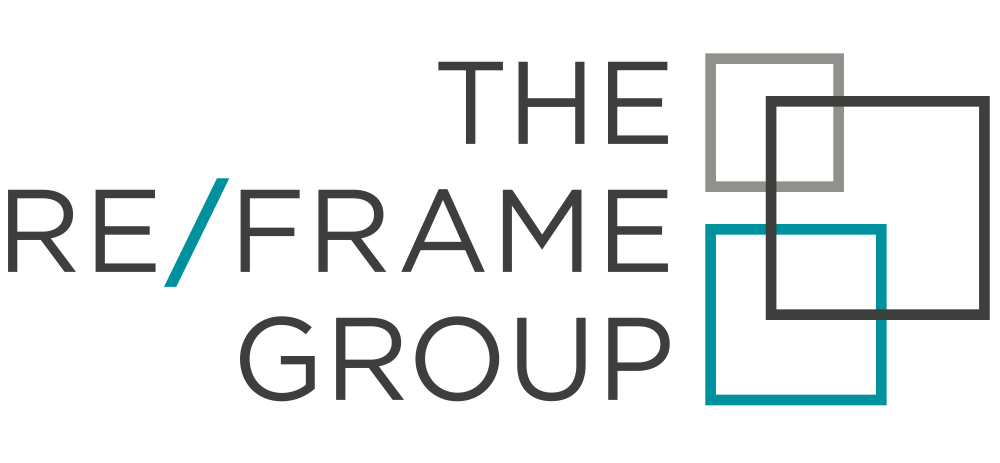

ReFrame Financial Group Inc.

British Columbia, Canada
July 2019
Health insurance
Service with Minor Environmental Footprint
Canada
At The ReFrame Group, they live by a shared belief; that what they do matters and makes a difference. Their actions are directed by the intention of creating health, wealth and wellness for the people in their community as they strive towards the goal of making their lives better, easier and safer. The ReFrame Group removes obstacles that prevent people from realizing their full potential. Their solutions range from co-created employee group benefits and retirement plans to bespoke financial planning and commercial/personal insurance. They also host regular thought-leadership events and socials for BC's People & Culture ecosystem. The design thinking approach behind their service challenges the assumptions often made in, and about, the insurance industry. They’ve redesigned how to measure success, placing client relationships and service delivery at the pinnacle of their approach. Their purpose is to help people thrive today and protect tomorrow.
Overall B Impact Score
Governance 18.4
Governance evaluates a company's overall mission, engagement around its social/environmental impact, ethics, and transparency. This section also evaluates the ability of a company to protect their mission and formally consider stakeholders in decision making through their corporate structure (e.g. benefit corporation) or corporate governing documents.
What is this? A company with an Impact Business Model is intentionally designed to create a specific positive outcome for one of its stakeholders - such as workers, community, environment, or customers.
Workers 36.3
Workers evaluates a company’s contributions to its employees’ financial security, health & safety, wellness, career development, and engagement & satisfaction. In addition, this section recognizes business models designed to benefit workers, such as companies that are at least 40% owned by non-executive employees and those that have workforce development programs to support individuals with barriers to employment.
Community 24.2
Community evaluates a company’s engagement with and impact on the communities in which it operates, hires from, and sources from. Topics include diversity, equity & inclusion, economic impact, civic engagement, charitable giving, and supply chain management. In addition, this section recognizes business models that are designed to address specific community-oriented problems, such as poverty alleviation through fair trade sourcing or distribution via microenterprises, producer cooperative models, locally focused economic development, and formal charitable giving commitments.
What is this? A company with an Impact Business Model is intentionally designed to create a specific positive outcome for one of its stakeholders - such as workers, community, environment, or customers.
Environment 10.2
Environment evaluates a company’s overall environmental management practices as well as its impact on the air, climate, water, land, and biodiversity. This includes the direct impact of a company’s operations and, when applicable its supply chain and distribution channels. This section also recognizes companies with environmentally innovative production processes and those that sell products or services that have a positive environmental impact. Some examples might include products and services that create renewable energy, reduce consumption or waste, conserve land or wildlife, provide less toxic alternatives to the market, or educate people about environmental problems.
Customers 4.1
Customers evaluates a company’s stewardship of its customers through the quality of its products and services, ethical marketing, data privacy and security, and feedback channels. In addition, this section recognizes products or services that are designed to address a particular social problem for or through its customers, such as health or educational products, arts & media products, serving underserved customers/clients, and services that improve the social impact of other businesses or organizations.